
Bacon is prepared from pig meat, in the process of curing and drying, boiling or smoking. The meat is first cured with the large amount of salt and then dried for weeks or months. Boiled bacon and some sorts of smoked bacon are ready to eat, while the fresh dried bacon needs to be thermally processed, or cooked, before eating. Bacon is commonly eaten smoked, boiled, fried, baked, or grilled, or used as an ingredient to add a flavor to different dishes. Combined with scrambled eggs, bacon is a favorite breakfast food in almost every part of the world.
Calorie value of bacon
There are the some serious health concerns associated with bacon. Bacon is, also, banned from the daily menus of many dieters and weight watchers. But does bacon really have to be banned from the diet and is it really as hazardous as it seems? Let us examine the calorie count and nutritional value in different portions of bacon and find out.
Raw bacon, two slices or approximately 52 g, has 278 caloriesCured pan-fried bacon, one slice, has 42 caloriesMicrowaved cured bacon, one slice, has 38 caloriesSmoke-cured bacon, one slice, has 27 caloriesBaked bacon, one slice, has 44 caloriesObviously, bacon has a lot of calories, and a great portion of them comes from fats. Approximately 1% of calories in bacon come from carbohydrates and a minor portion are calories from proteins. But is it all that bacon has to offer or there is much more to it? Let us examine the nutrition facts for bacon.
Bacon Nutrition Facts
It might be surprising to know that raw bacon has high levels of Vitamin B. Just about two slices of raw bacon are enough to satisfy our daily values for different vitamins in B family: 16% for vitamin B1, 8% for vitamin B2, 30% for vitamin B3, 6% for vitamin B5 and 10% for vitamin B6 and 12% for vitamin B12.
Bacon is unfortunately rich in sodium, but it also contains other vital minerals. Two slices of raw bacon may satisfy 30% of recommended daily allowance for phosphorus, 12% for zinc, 8% of potassium, 4% of copper, 4% of magnesium and 2% of iron.
Bacon is high in cholesterol, and two slices may satisfy approximately 19% of recommended daily value for cholesterol. On the other hand, people with high cholesterol levels and people suffering from hypertension and coronary diseases, should avoid eating bacon.
Two slices also contain 2g of saturated fats, and 10g of monounsaturated fat. Monounsaturated fats are good for heart and serve as potent antioxidants.



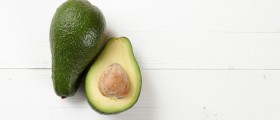
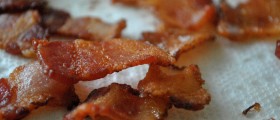


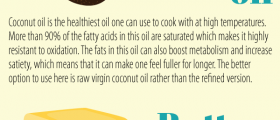

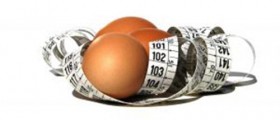




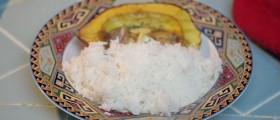

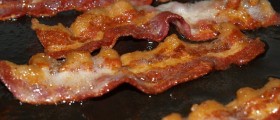
Your thoughts on this
Loading...